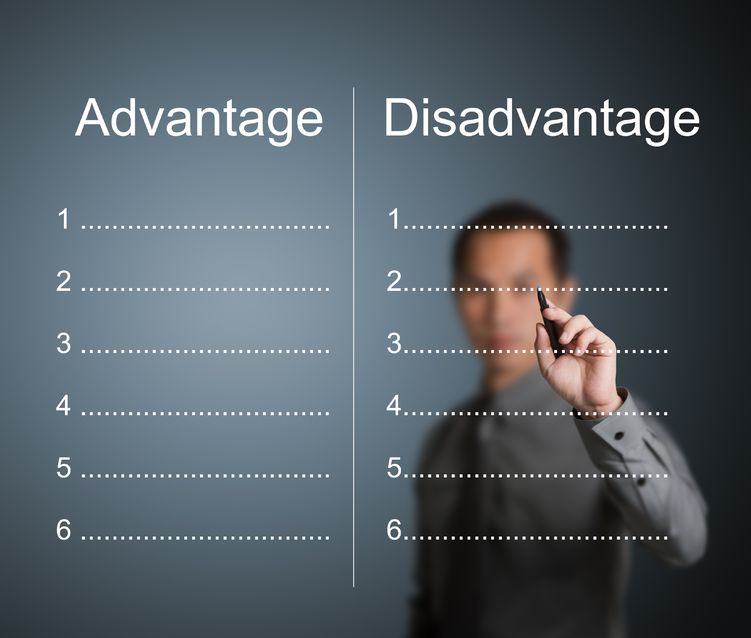
Electronic Check Processor for Subprime Lenders
Lenders, collection agencies, and other businesses working with a sub-prime customer demographic find it difficult, if not impossible, to maintain the revokes and returns thresholds required by the rules of the ACH network. Echecks offer you an effective alternative to ACH processing.
Difference between Echecks and ACH
Electronic check processors use bank-to-bank image transfers rather than the ACH network to process the transactions.
From a functional standpoint, echecks and ACH processing operate in the same way. That is, customers provide routing and account information, along with the necessary authorization to debit their bank account. The collected funds are deposited into your bank account
The most important difference between echecks and ACH is the governing regulations. ACH transactions are governed by NACHA which require that revoked transactions (also known as “chargebacks” or “consumer unauthorized”) be kept at levels under 0.5% and returns under 15%.
Echecks are governed by check laws and the Uniform Commercial Code. As a result, there is far more flexibility in the number of revoked and returned transactions with echecks than with ACH processing.
Advantages / Disadvantages of Echecks
If your revoked transaction rate is over 0.5%, you cannot maintain an ACH account. Thus, the main advantage of echecks is that it gives you way to process electronic checks with fewer concerns about revoked transactions.
This does not mean that you can have unlimited numbers of revoked transactions. Any bank that sees exceeding high rates of revokes will seriously question the viability of the business debiting consumer accounts.
While there is not a specific percentage threshold, a reasonable number of revokes is acceptable.
Echeck processing usually has rates that are higher than ACH processing. Accounts for echecks have discount rates in addition to a per transaction fee. Echecks are often used by high risk merchants,, where fees are traditionally higher than standard risk accounts..
There is more manual labor involved for the banks and processors for echecks than with ACH, particularly in the processing of returns. This burden rests with the processors and banks and will not affect your operations nor affect your rates.
Conclusion
Electronic check processing increases profits.
ACH processing is a good solution for companies that can keep chargebacks and returns low. Echecks are solution of choice for high risk merchants that need more flexibility for returns and chargebacks.
E checks are convenient for customers. And profitable for you.
Are you interested in an echeck account to increase your profits?
Contact info@NationalACH today.
Topics
- eCheck Payment Solutions for High-Risk Adult Entertainment Businesses
- eCheck Payment Solutions for High-Risk Travel and Ticketing Agencies
- eCheck Payment Processing in High-Risk Online Dating and Matchmaking
- eCheck Payment Processing for High-Risk Subscription Boxes and Membership Clubs
- Risk Management Tools for High-Risk ACH Payment Processing
- Optimizing Conversion Rates in High-Risk ACH Payment Processing
Categories
- ACH (96)
- ACH merchant account (62)
- ACH Network (14)
- ACH Payment Processing (91)
- ACH Unauthorized Return (2)
- Alternate Payment Processing (27)
- bank marijuana (1)
- chargeback prevention (1)
- Check 21 (29)
- Check 21 Payment Processing (11)
- check verification (3)
- check21 (4)
- Collection Agency Merchant Account (2)
- Crypto Merchant Account (1)
- Debt Collection Agency Merchant Acount (5)
- Echeck (53)
- echeck payment processing (46)
- Echecks High Risk Merchants (43)
- Ecommerce (2)
- ecommerce merchant account (3)
- electronic checks (51)
- Electronic Funds Transfer (12)
- Health Care Merchant Account (1)
- High Risk ACH (15)
- high risk merchant account (47)
- High Risk Merchants (34)
- High Risk Merchants (27)
- High Risk Payment Processing (52)
- High Risk Processing (37)
- International Payment Processing (4)
- Lenders Merchant Account (2)
- Moto Merchant Account (1)
- Nutraceutical Merchant Account (1)
- Payday Lenders Payment Processing (1)
- Payday Loan Processing (3)
- Recurring Billing (13)
- Recurring Payment (12)
- SaaS (1)
- same day ach (2)
- Secure Payment Processing (14)
- travel merchant account (1)
Popular blogs
- eCheck Payment Solutions for High-Risk Adult Entertainment Businesses
- eCheck Payment Solutions for High-Risk Travel and Ticketing Agencies
- eCheck Payment Processing in High-Risk Online Dating and Matchmaking
- eCheck Payment Processing for High-Risk Subscription Boxes and Membership Clubs
- Risk Management Tools for High-Risk ACH Payment Processing